Here are six things you need to know if you or a family member has been furloughed—or laid off—from their job
A furlough is an unpaid leave of absence. You don’t report to work, you don’t get paid, and you may lose some of your benefits. Getting fired or laid off is different because it is permanent; whereas, being furloughed means your employer wants you back as soon as things get back to normal, typically at the same position and income level as before the furlough. Here are six things you should know:
- Filing for unemployment
Whether furloughed or laid off, you should file for unemployment as soon as possible because the CARES Act adds to the amount your state provides weekly, but only through July 31. For instance, the average benefit among the 50 states is $215 per week—the CARES Act adds an additional $600 per week through the end of July. Self-employed, independent contractors and gig economy workers, who typically are not allowed to file for unemployment, can also apply. Learn more here.
- Healthcare insurance
If you are furloughed, you may still be able to keep your healthcare insurance. Be sure to check with your employer about how to arrange to pay your contribution amount, if any. If you are laid off, you can continue benefits through COBRA, or you may find a cheaper option through the exchange http://healthcare.gov website—if your state has chosen to open up enrollment due to the pandemic.
- Bills and debts
There is a provision for mortgage forbearance if you have a single-family residence mortgage loan backed by the federal government, and renters can avoid eviction for more than 120 days if their landlord has a government loan on the property rented. Learn more here. Student loans held by the federal government will not require payment and will not accrue interest through September 30.
In any case, it is recommended that you call creditors to discuss your situation. Ask them what they have to offer people who are experiencing a temporary reduction in income, and take notes and ask about any fees, additional interest, and whether they report any postponed payments to credit bureaus.
- 401(k) or similar retirement plan – contributions
If you are furloughed, your 401(k) accounts should remain in place, but your contributions and matching contributions won’t happen during the furlough unless your employer chooses to make a discretionary contribution. If you are not yet fully vested, there is a scenario that could happen if you are furloughed for an extended amount of time or ultimately laid off. If an employer terminates 20% or more of its workforce, a “partial plan termination” could be triggered, in which case the IRS could decide that all affected employees would become 100% vested.
If you are let go, you can leave your money in the company’s 401(k) plan if you have more than $5,000 in it, although you can’t add additional money to the account. If you have $5,000 or less, your employer has the option of removing you and distributing the funds, so be sure to ask what they intend to do. See some of your other options below.
- 401(k) – loans
If you are furloughed, or laid off but leaving your 401(k) with the company, you may be able to take a loan or withdrawal from your 401(k) due to the coronavirus outbreak, depending upon your company plan rules—be sure to check with your plan administrator.
If so, the CARES Act allows up to $100,000 to be taken without penalty, although you will have to either repay the money or pay taxes on the amount withdrawn over the next three years. NOTE: You can do this even if you are under the age of 59-1/2, there will be no 10% penalty, and there will be no mandated 20% withheld by the 401(k) administrator for taxes. In order to meet the eligibility provisions of the CARES Act, you, your spouse or dependent/s must have contracted COVID-19, or must have experienced adverse financial consequences as a result of quarantine, furlough, lack of childcare or closed or reduced hours of business.
If you already have an outstanding 401(k) loan, your repayments will stop while you are furloughed, since those are typically held out from your paycheck. Ask your employer about how you can make repayments or get the loan repayments suspended temporarily.
Taking 401(k) loans or cashing out should be a last option for most people since it can jeopardize your retirement nest egg and your future. After the 2008 financial crisis, most people who stayed in the market experienced financial recovery from their losses.
- 401(k) – rollovers
If you are laid off, you do have the option of rolling over your 401(k) money into your own self-directed IRA account. This offers many options, since an IRA can be a mutual fund, annuity, ETF, CD or almost any other type of financial instrument.
You need to choose between a tax-deferred traditional IRA, or pay taxes on the money you roll over and start a Roth IRA. With a traditional IRA, you will have to begin withdrawing a certain amount out every year starting at age 72 and pay ordinary income taxes on the money withdrawn. (These are called Required Minimum Distributions (RMDs)—which are not due in 2020 per the CARES Act.)
With a Roth IRA, you pay taxes up front. You don’t have to withdraw money during retirement, but if you do, it is usually tax- and penalty-free after you’ve owned the account for five years. Your kids can inherit the money tax-free as well.
It’s usually best to work with a financial advisor who can outline some of the tax ramifications, rules and timing requirements so you don’t miss any rollover deadlines or get hit with any penalties or taxes you weren’t expecting. They can fill you in on other options, such as, if you are age 59-1/2 and still working, you may be able to do an “in-service rollover” with part of your 401(k), moving that portion into your own IRA, potentially helping you avoid market risk as you get closer to retirement.
If you have any questions, please call us. Contact Bulwark Capital Management in Tacoma, Washington at 253.509.0395. We look forward to speaking with you!
This article is provided for informational purposes only, and is not intended to provide any financial, legal or tax advice. Before making any financial decisions, you are strongly advised to consult with proper legal or tax professionals to determine any tax or other potential consequences you might encounter related to your specific situation.
Sources:
https://money.usnews.com/money/retirement/401ks/articles/what-to-do-with-your-401-k-if-you-get-laid-off
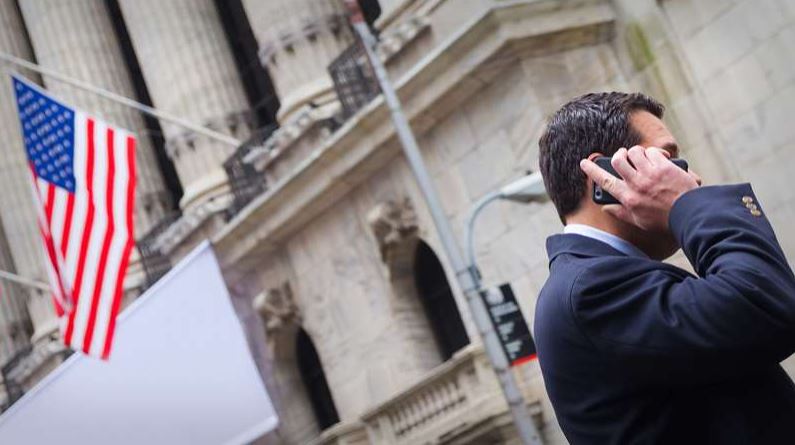
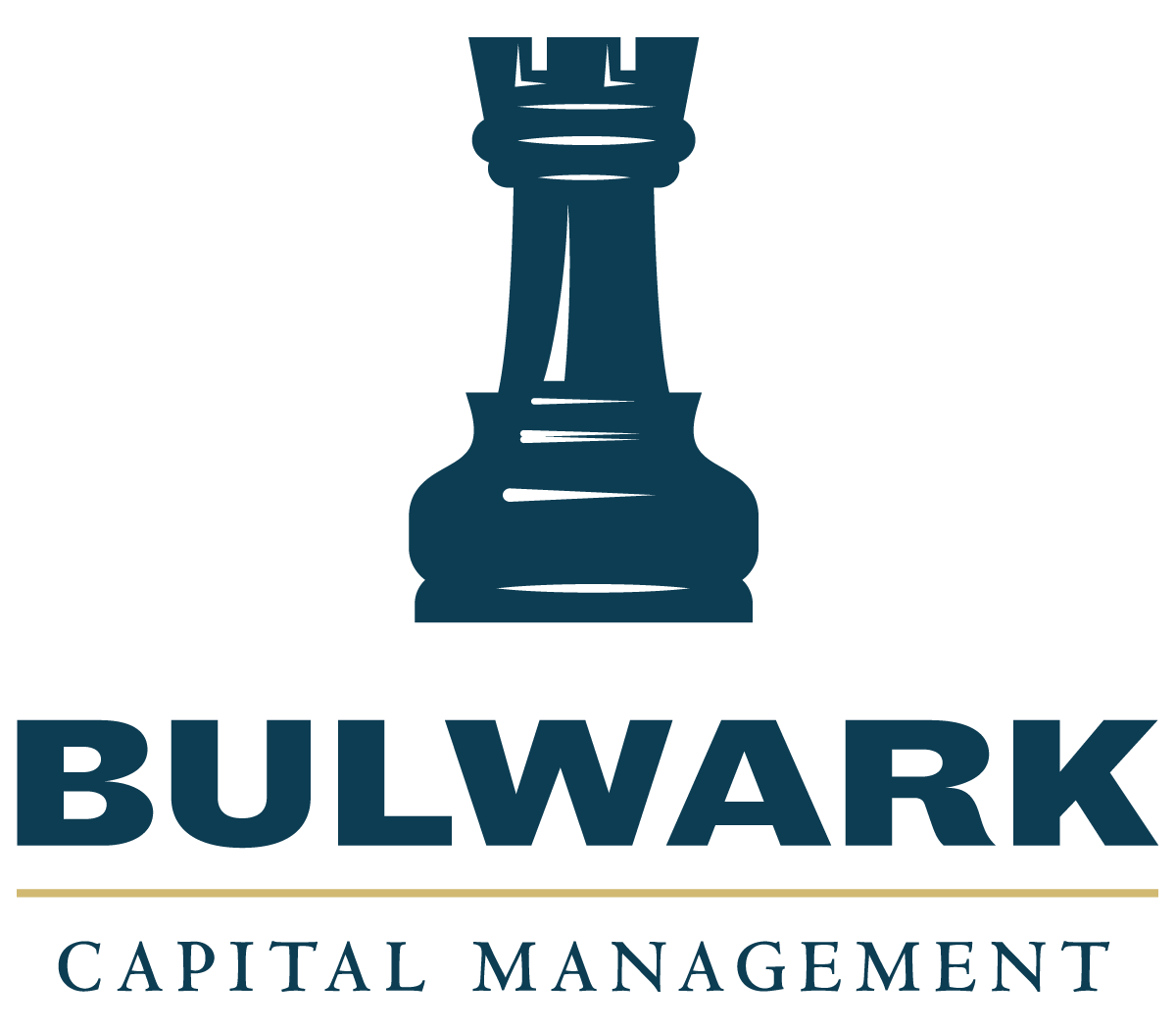





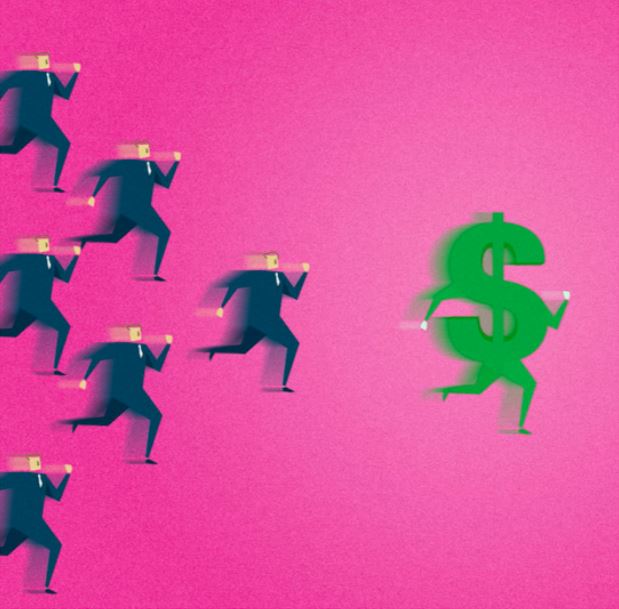
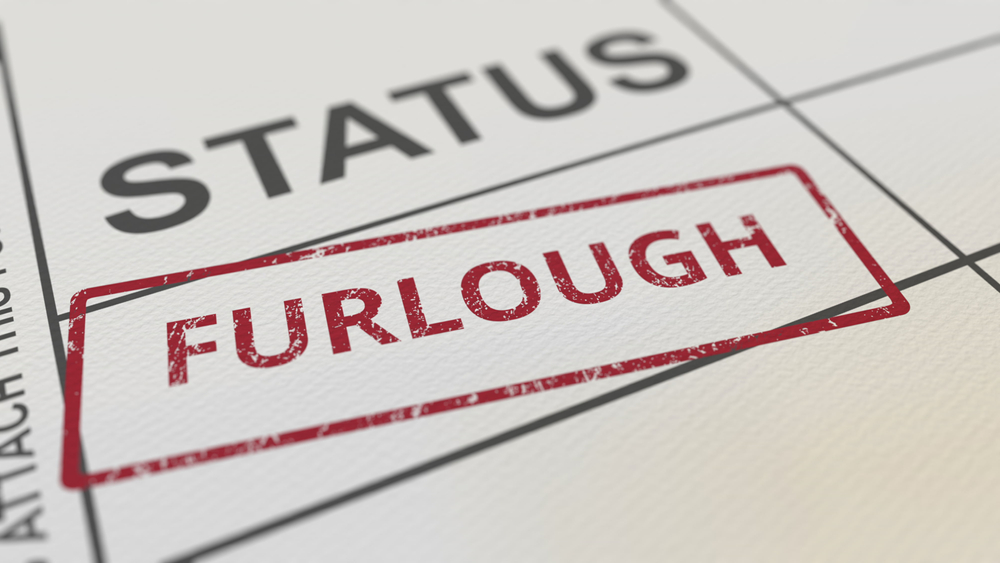
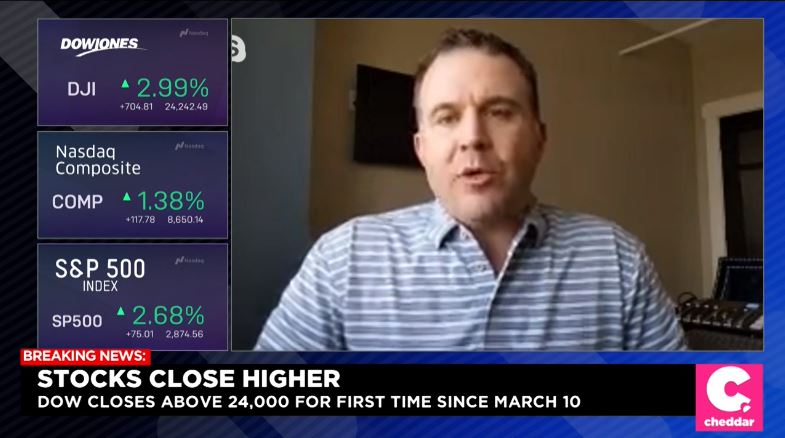





 253.799.6416
253.799.6416 invest@bulwarkcapitalmgmt.com
invest@bulwarkcapitalmgmt.com